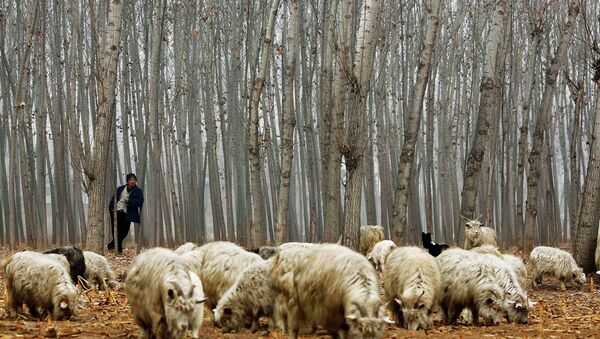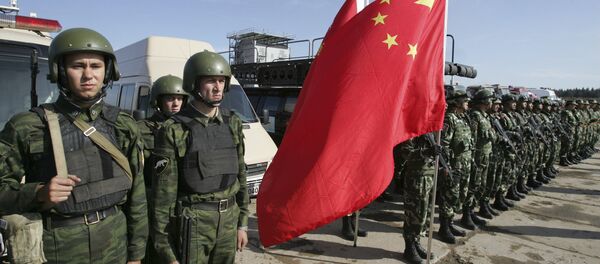"China wants to increase deliveries of agricultural production, foodstuffs and other goods to Russia," Li told RIA Novosti in an interview.
Li added that Russia began lifting bans on the deliveries of Chinese pork last year, but "the volume of these deliveries remains quite low." He said that China is so far unable to "satisfy the demands of the Russian market," but is putting more effort into production to meet those demands.
The agricultural watchdogs from both countries are currently in talks to finalize the imports of Chinese foodstuffs.
"The watchdogs of our countries are currently holding negotiations on the mutual deliveries of agricultural products and meat," Li added.
Earlier in June, Russian President Vladimir Putin described China as Russia’s largest trade partner, and predicted an increase in bilateral trade to $200 billion in the near future.
Russia’s pivot to China followed a split with major food-exporting nations in the European Union in the wake of the 2014 Ukraine crisis. Last year, EU countries imposed economic sanctions on Russia citing its alleged help to Donbass militias.
Moscow responded last August with a one-year food imports ban on the European Union and several other countries that introduced anti-Russia sanctions. Earlier this month, the ban was extended for another year.



